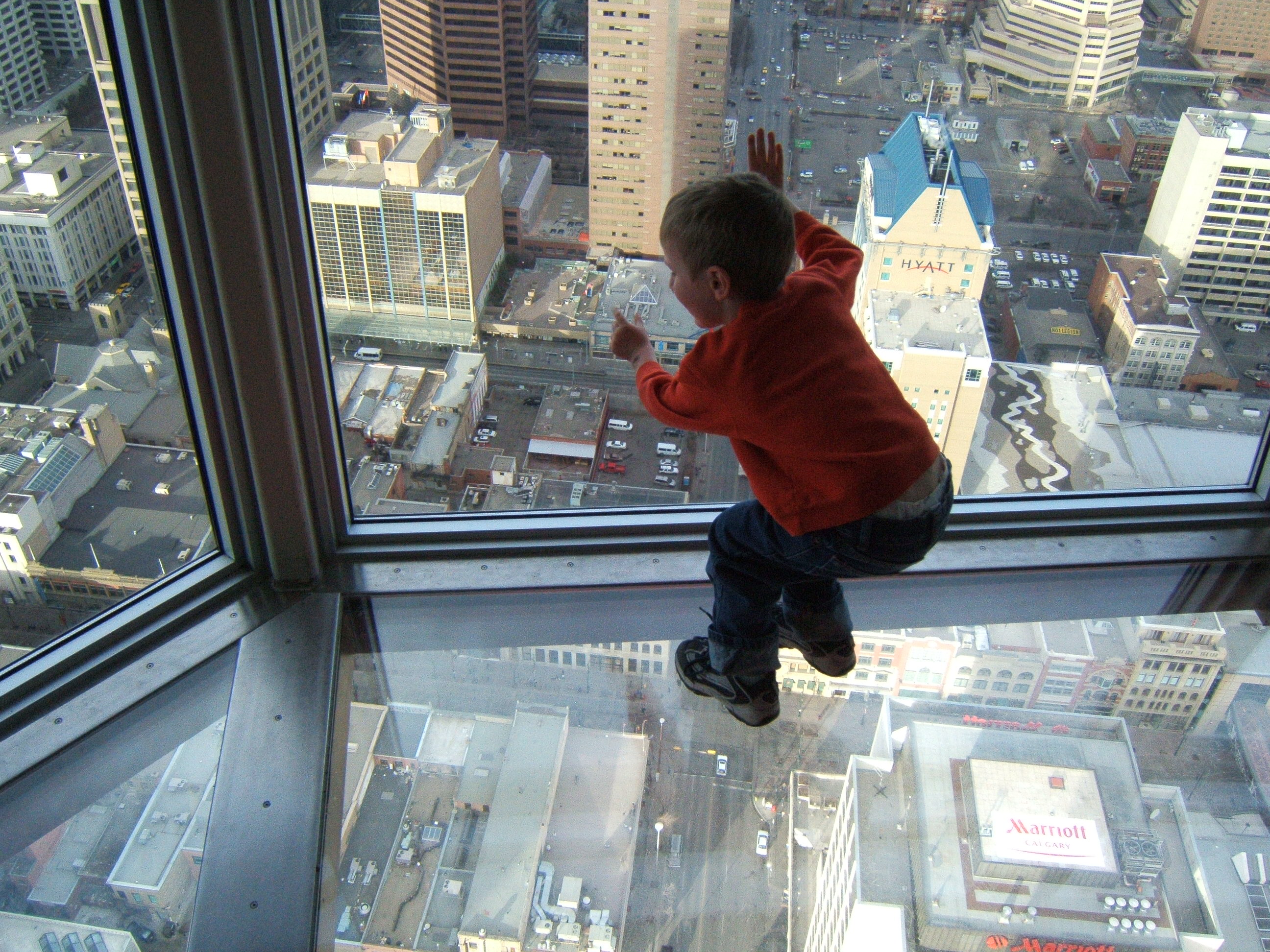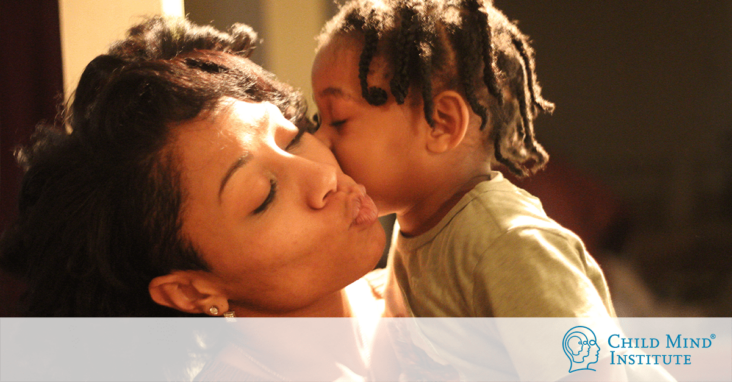Are you struggling to help your child overcome their fear of heights? If so, you’re not alone. Many parents find it difficult to help their children face and manage their fear, but there are steps you can take to make the process easier and more engaging. With the right support, your child can learn to overcome their fear of heights and enjoy activities such as climbing and exploring that they may have previously been too scared to try. In this article, we’ll provide you with some practical tips and advice to help your child address their fear of heights in an engaging and positive way.
Talk to the child.

When talking to a child about their fear of heights, it’s important to be understanding and non-judgmental. Explain to them that it’s normal to have fears and that it’s okay to be scared. Reassure them that you are there to help and provide comfort when needed.
Identify the fear.

Once you have identified the fear of heights in your child, it is important to understand why the fear exists and address it in a positive way. This could involve talking to your child and discussing situations where they feel safe and secure.
Find a distraction.

Finding a distraction can be a helpful way to help a child manage their fear of heights. Distractions, such as playing a game or watching a movie, can be a great way to take their minds off of their fear.
Explain the fear.

It is important to understand why your child is afraid of heights. This fear can stem from a traumatic experience, or it can be a more general feeling of anxiety. The best way to address this fear is through gentle reassurance and support.
Set achievable goals.

When setting achievable goals for overcoming a fear of heights, it’s essential to make sure that the goals are realistic and can be accomplished over time. Breaking down the process into smaller, manageable steps can help to make the journey less overwhelming and more achievable.
Offer encouragement.

When a child has a fear of heights, it’s important to be encouraging and supportive. Let them know they don’t have to face their fear immediately, but that you are there to help them through it.



